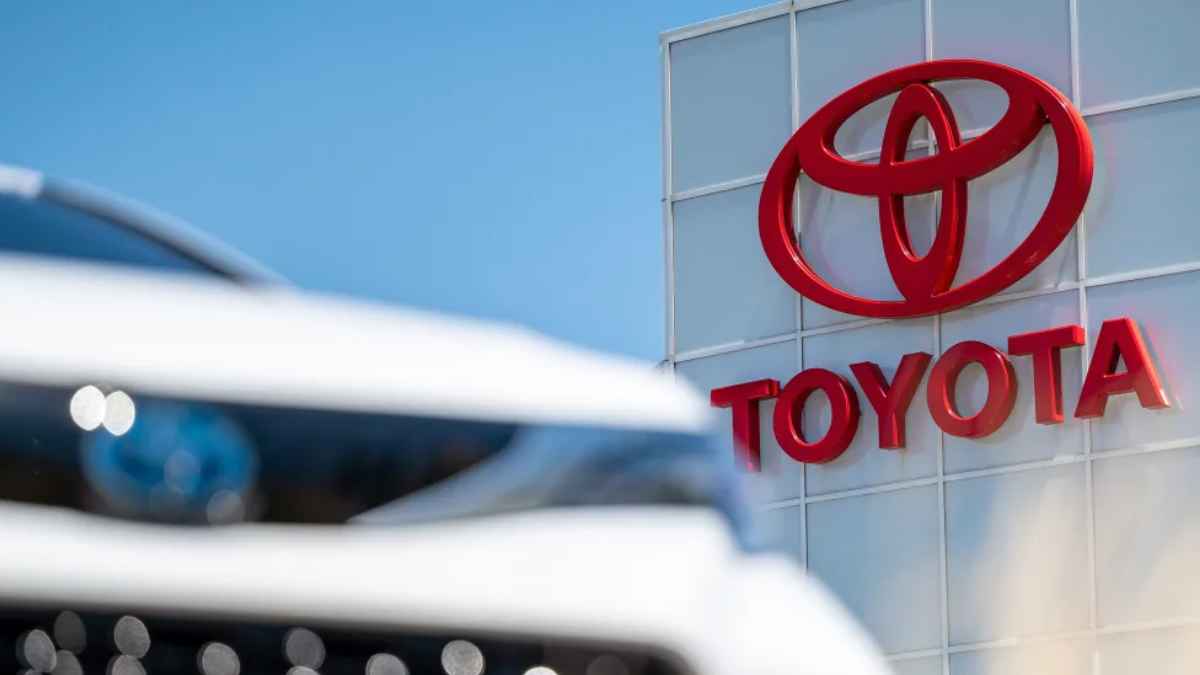Toyota is facing one of the most costly and complex recalls in its history. It is a drastic decision it took after discovering a serious defect in the twin-turbo V-6 engines that power both the Tundra pickup trucks and the Lexus LX luxury SUVs. Said problem affects cars of the years 2022 and 2023. More specifically, the problems are reported in vehicles manufactured between November 2021 and February 2023, and in the case of the Lexus LX, between July 2021 and November 2022.
What about the engines?
The defect that has led to the recall of Toyota and Lexus cars can cause the engine to stall suddenly while driving. This significantly increases the risk of an accident. The root of this problem lies in machining residues left inside the engine during its production. It can also lead to detonations, starting difficulties and irregular operation. In the worst case, it can lead to total loss of power.
In greater 2024, Toyota reported this problem to the National Highway Traffic Safety Administration (NHTSA). At the time, the company estimated that only 1% of the 102,092 potentially affected vehicles could have the defect. However, this figure was largely due to the limitations of the government entity’s reporting system. The company explained that it could not provide an accurate estimate of the number of affected vehicles.
A drastic solution by the company
Two months after the initial submission, the company was still unable to determine how many cars were affected. This led to a radical decision: to replace the engines of all vehicles that might have this fault. They would also have to replace the engines of more than 100,000 vehicles, including some 98,600 Tundras and 3,500 Lexus LX SUVs.
For the time being, this correction only applies to hybrid versions of the 3.5-liter twin-turbo V-6 engines. Hybrid models of the Tundra will not be included in this recall, as their electric motors can continue to supply power to the vehicle.
Financial impact of the recall on Toyota and Lexus cars
The recall of Toyota and Lexus cars for the replacement of more than 100,000 motors will involve a significant cost to the company. In addition to the price of the new engines, the company will also have to bear the labor costs to remove those defective engines and install the replacement ones.
But here a new problem arises for the company. There is concern that the massive recall of Toyota and Lexus cars will affect the production of new vehicles. After this, it may be necessary to redirect manufacturing capacity to produce replacement engines for the recall.
Toyota’s commitment to customer confidence
Despite the high cost involved, the company has received much praise for taking such a comprehensive approach to safety. As part of this, the company plans to send notices to vehicle owners in the coming months, informing them of the recall and next steps.
It should be noted that the recall of Toyota and Lexus cars underscores the company’s commitment and dedication to maintaining customer confidence. Despite the fact that only a fraction of vehicles may experience this engine failure, the company decided to replace more than 100,000 engines. It is a testament to its proactive approach to safety and reliability, which also serves to reinforce its brand reputation.






